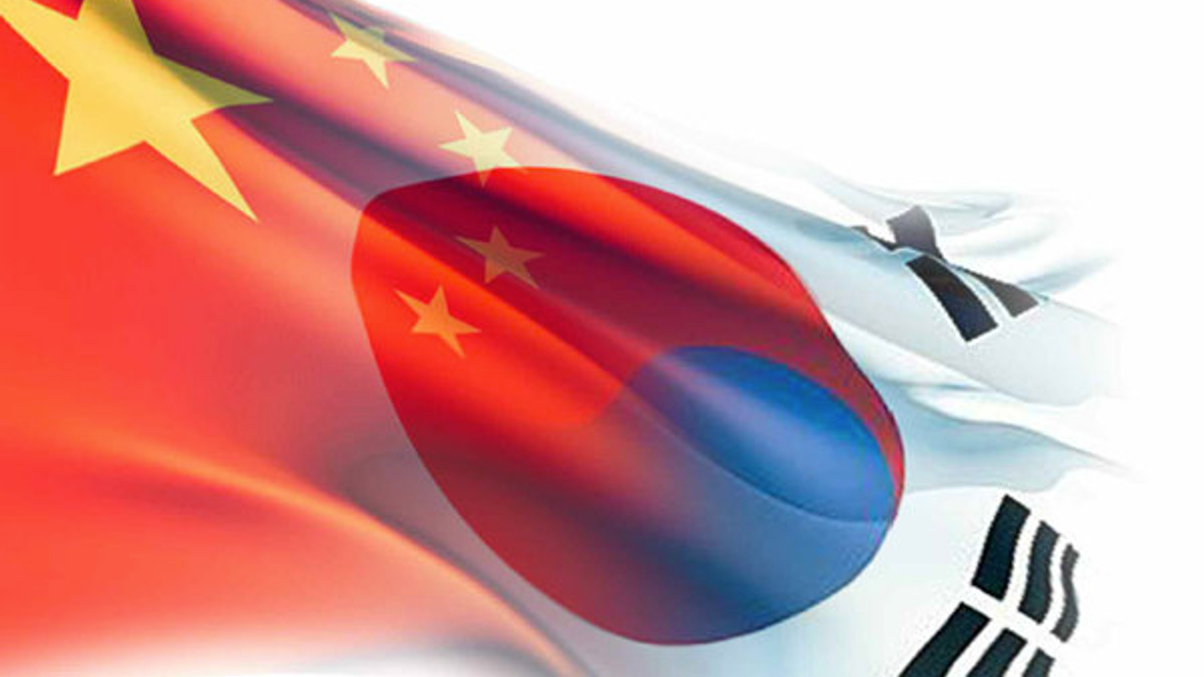Will an Asian fund house achieve global prominence?
We have identified five key questions facing the asset management industry. Today we address the final issue: will the likes of China, Japan or Korea produce a global player?

The asset management industry in Asia has undergone big changes since AsianInvestor started in 2000. Having served as the title's founding editor and, more recently, as editorial director at Haymarket Financial Media, I’ve enjoyed a front-row seat. As my final contribution for AsianInvestor, I have come up with a list of what I consider the top five issues facing the industry.
Sign in to read on!
Registered users get 2 free articles in 30 days.
Subscribers have full unlimited access to AsianInvestor
Not signed up? New users get 2 free articles per month, plus a 7-day unlimited free trial.
¬ Haymarket Media Limited. All rights reserved.


